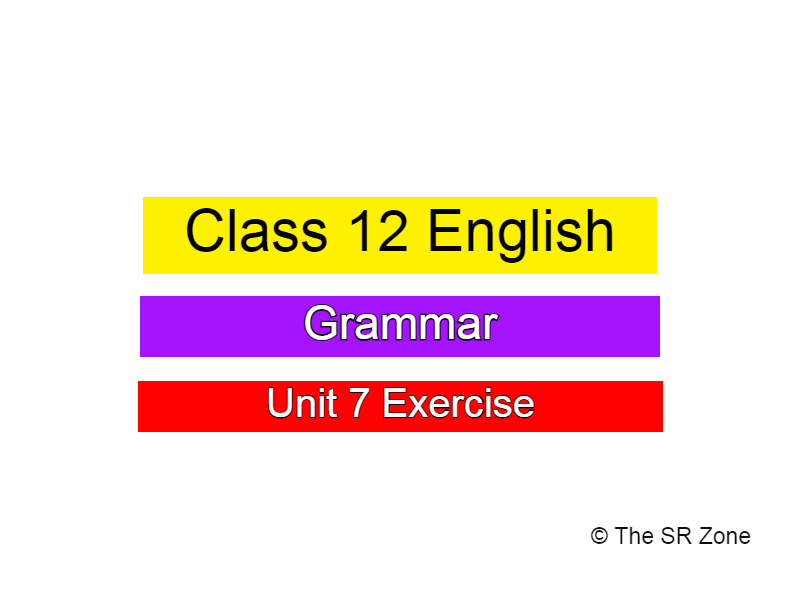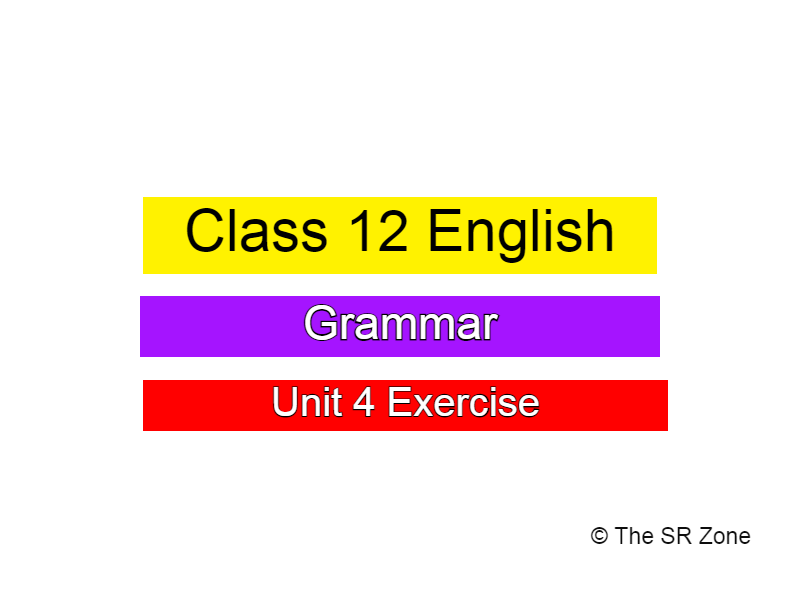Class 12 English Grammar Unit 8 Adjectives and Adverbs Exercise

Unit 8 Grammar PDF An adjective is a word that describes something about a object, person, place or situation. Example: This flower is very pretty. Here, "pretty" describes the flower. Adjectives are like paintbrushes that add color and vibrancy to our language. With just a few words, we can convey emotions, describe feelings, and express ideas. Out of many kinds of adjectives, comparative adjectives allow us to create distinctions between objects and people, making our language richer and more expressive. Whether we're comparing the size of a house to a car or the heat of the sun to the moon's coolness, adjectives help us communicate effectively. The positive form of an adjective is the basic form that describes something without any comparison or superlative. In short, adjectives help us describe things in detail, make comparisons, and express emotions and feelings. So next time you write or speak, remember to use adjectives to make your language come alive! Note:...





